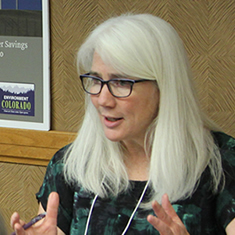
After Glasgow
One conference won't save the planet. Countless actions can.

Given the enormity of the climate crisis, it’s no surprise that the Glasgow conference came up short.
We’re not on track for 1.5 degrees, or even 2 degrees.
Yet if we want global leaders to act more boldly on climate, then the U.S. must demonstrate even stronger leadership than our counterparts. And for the U.S. to be a stronger leader, we need climate champions not only in the White House but also in Congress, state capitols, city halls, corporate boardrooms and throughout civil society.
Most importantly, having more climate champions in power depends on our success winning broader, deeper support for the transformations to our way of life that the climate crisis demands.
We’re engaged in this work on multiple fronts — perhaps even more than you know. We’ve split our climate work into more than a dozen discrete campaigns, so we reach, persuade and mobilize more Americans to act — including even people who aren’t yet sold on the reality of climate change. Here’s a sampling of our work:

To decarbonize electricity
- Environment America and the Student PIRGs are working to convince states, cities and universities representing one in two Americans to commit before 2025 to 100% clean, renewable power. So far, we’ve helped to win 100% carbon-free commitments statewide in California, New Mexico, Washington State, Maine, New York, Virginia, Oregon, Illinois, in cities from Tallahassee to Missoula, and on campuses from Brown and Vanderbilt to Austin Community College and the University of California system.
- Environment America is encouraging the leaders of every coastal state to go big on offshore wind. Environment America advocated successfully for major new wind projects off the coasts of Rhode Island, New Jersey, New York and Virginia, as well as a new law jumpstarting offshore wind in California.
- We’re urging states everywhere to set ambitious solar goals, encourage rooftop solar and defend pro-solar policies. Environment California made our biggest splash for solar with the success of our watershed “Million Solar Roofs” campaign. Thanks in part to the hundreds of local, state and federal policies, including California’s watershed Million Solar Roofs initiative, we’ve helped win, America produces more than 30 times more solar power than we did in 2010.
- We’re advocating to cut energy waste by making our appliances and buildings more efficient. Over the past year, we helped win stronger appliance efficiency standards in Maine, Massachusetts, Nevada, Oregon, Rhode Island and Washington, D.C.
- We helped promote and strengthen the multi-state Regional Greenhouse Gas Initiative, which helped cut climate pollution from the power sector in nine Northeastern states 50% from 2005 levels. In recent years, we helped return New Jersey to the pact; welcomed Virginia, the first southern state; and we’re pushing to soon add Pennsylvania, the nation’s fifth most carbon-emitting state.
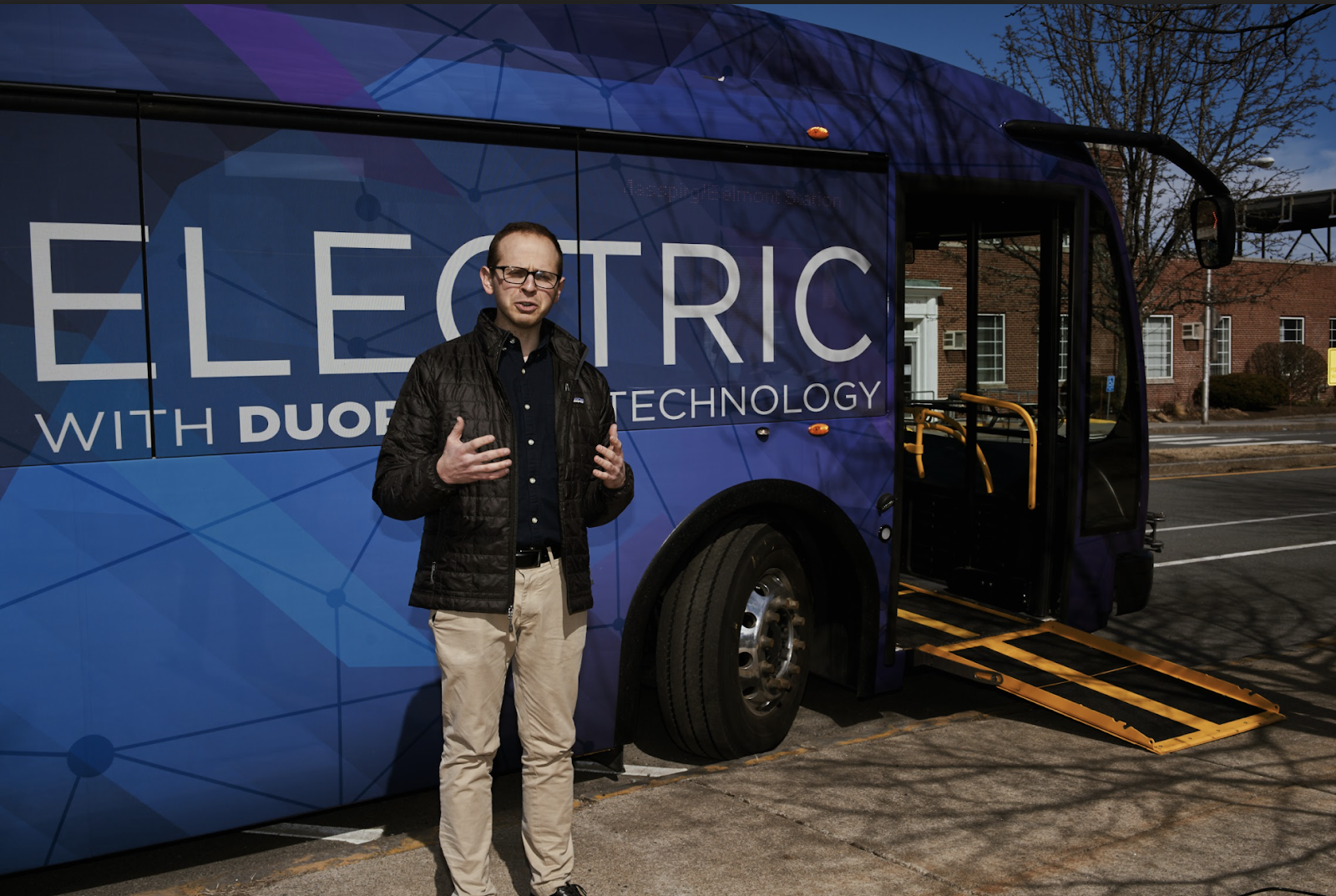
To decarbonize transportation
- PIRG and Environment America are campaigning jointly to commit states to all-electric car sales by 2035, all-electric bus fleets by 2030 and doubling the number of people walking, biking and taking transit by 2035. Less than two years after the launch of our Destination: Zero Carbon campaign, our calls for all-electric car sales by 2035 have been answered in California, Massachusetts and New York.
- We’re also in the thick of the action to electrify buses, the workhouses of our transit system. While PIRG and Environment America’s federal advocates helped win the largest-ever federal investment in electrifying public and school buses in the bipartisan infrastructure package, our state teams are working to persuade local, state and regional officials in 13 states to shift from diesel to clean electric buses.
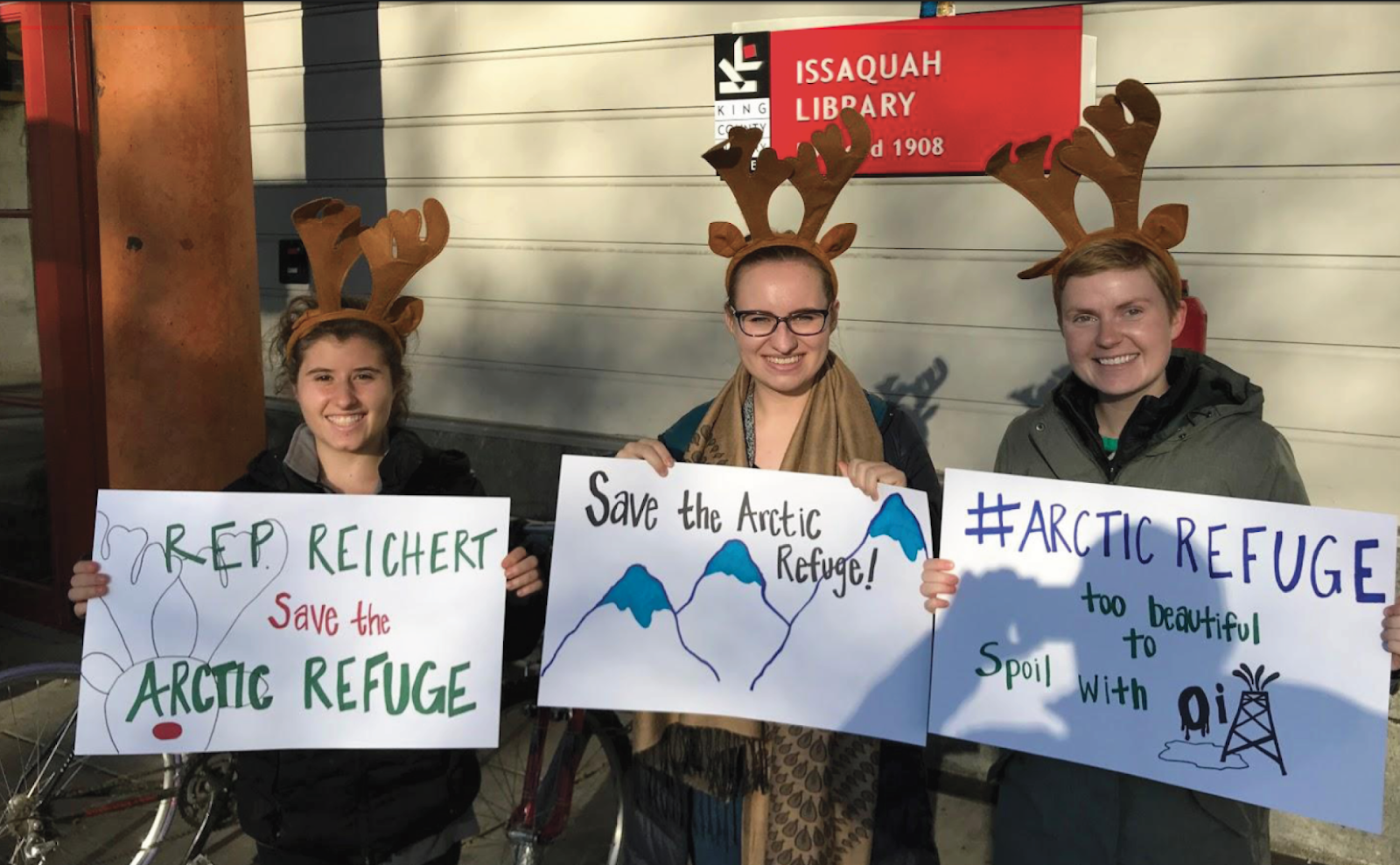
To stop the extraction of fossil fuels
- We opposed and outlasted President Trump’s plan to allow drilling in nearly all America’s coastal waters, and now we’re pressing for an outright end to offshore drilling. Governors representing both parties from every Lower 48 state along the Atlantic and Pacific coasts oppose offshore oil and gas drilling.
- In keeping with our opposition to the Keystone XL pipeline and other fossil fuel projects nationwide, Environment Maine and the Community Action Works-supported Protect South Portland helped convince the Portland City Council to reject Exxon Mobil’s tar sands pipeline proposal. Community Action Works helps train and empower people throughout the Northeast to take action against the fossil fuel operations doing harm in their own backyards.
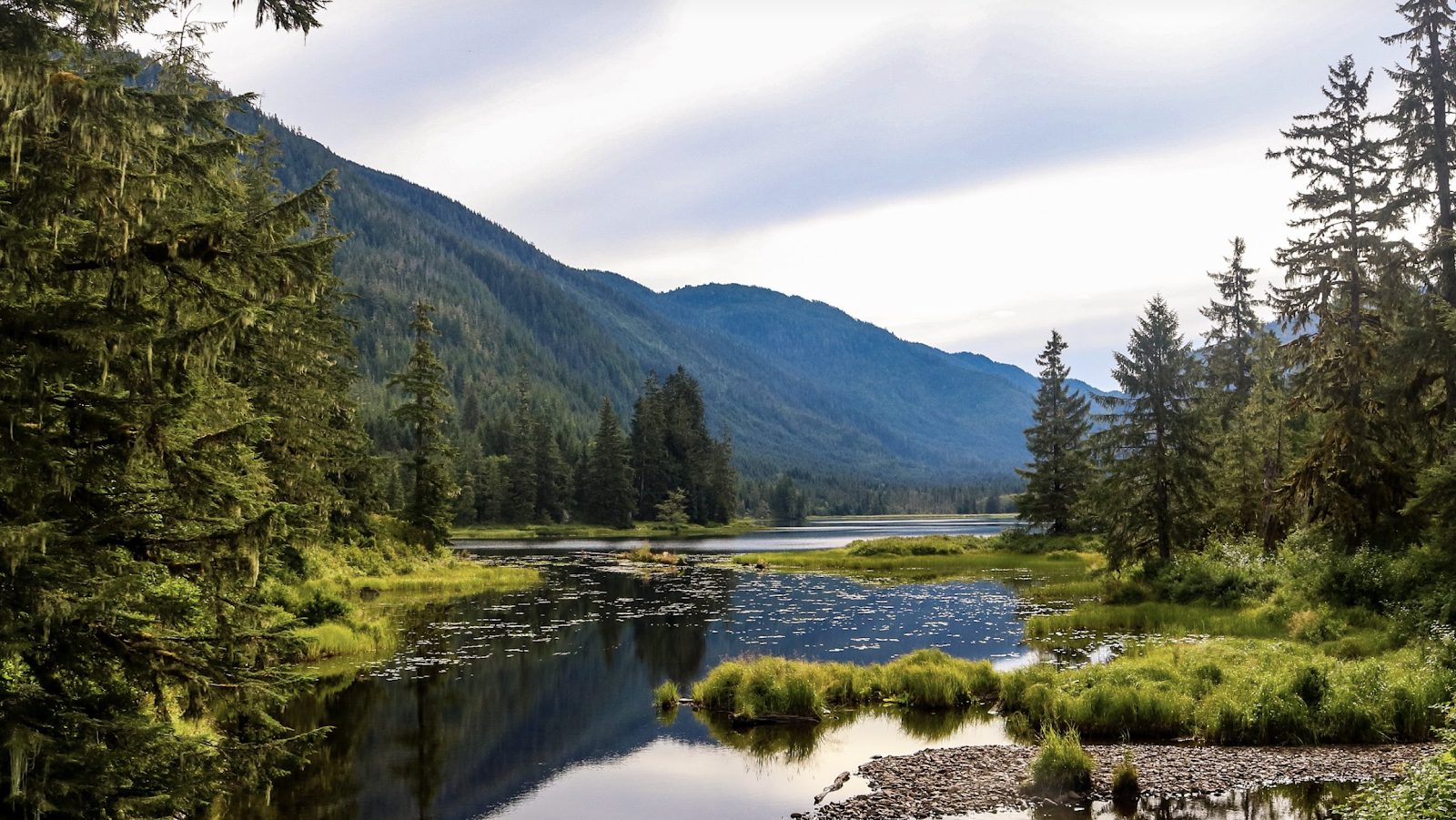
To sequester carbon by protecting forests and other wild places
- The Tongass National Forest in Alaska stores more atmospheric carbon than any other American forest. Canada’s boreal forest stores roughly twice the amount of carbon as tropical forests. To keep logging out of both places, Environment America is supporting the Biden administration’s reinstatement of Roadless Rule protections we’ve long championed, and Environment America and Green Century are urging Procter & Gamble—makers of Charmin, Bounty and Puffs—to eliminate deforestation in their toilet and tissue paper supply chains.
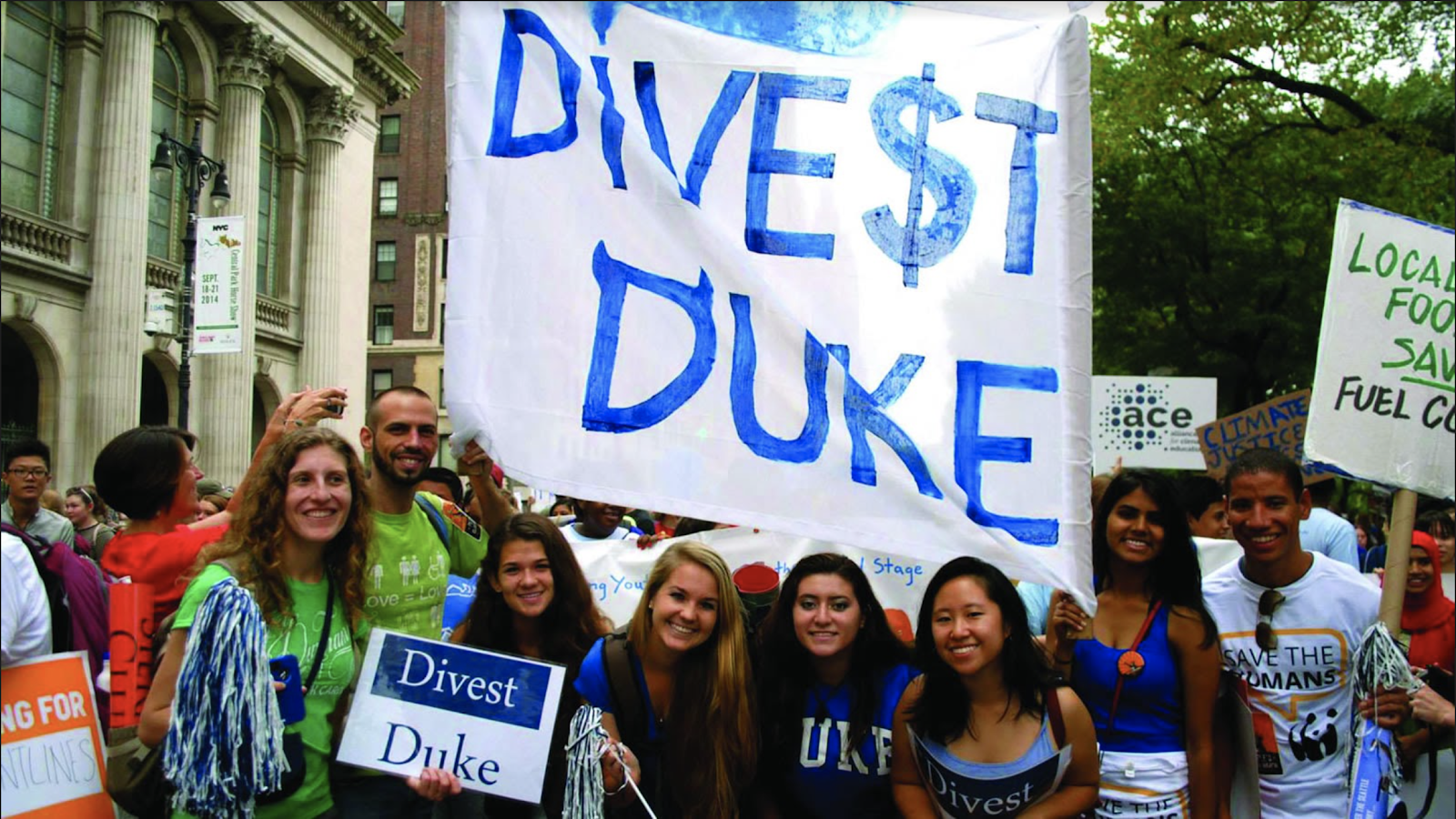
And to end public and private support for the fossil fuel industry
- PIRG partnered with Taxpayers for Common Sense, R Street and Friends of the Earth to revive Green Scissors, our complete online guide to fossil fuel subsidies and other federal spending that’s wasteful, environmentally harmful and should be cut.
- The fossil fuel divestment movement’s goal is to revoke the industry’s “social license” to conduct business as usual, and Green Century and Environment America work together to grow this movement, through Green Century’s Guide to Fossil Fuel Free Investing and other investor outreach.
Much of our other work at least indirectly addresses carbon emissions as well, including our campaigns to reduce the use of plastic, promote the right to repair our stuff, and our recent Buy Less, Give More project.
When it comes to climate change, we need all the solutions and public support we can find. That’s exactly what our multi-pronged approach to climate change is all about.
Photo credit for banner photo: Markus Spiske via Unsplash
Topics
Authors
Wendy Wendlandt
President, Environment America; Senior Vice President, The Public Interest Network
As president of Environment America, Wendy is a leading voice for the environment in the United States. She has been quoted in major national, state and local news outlets for nearly 40 years on issues ranging from air pollution to green investing. She is also a senior vice president with The Public Interest Network. She is a founding board member of Green Corps, the field school for environmental organizers, and Green Century Funds, the nation’s first family of fossil fuel free mutual funds. Wendy started with WashPIRG, where she led campaigns to create Washington state’s model toxic waste cleanup program and to stop the nation’s first high-level nuclear waste dump site. She is a 1983 graduate of Whitman College. She lives in Los Angeles with her husband and dog and hikes wherever and whenever she can.
Find Out More

Bank of America said it would stop financing drilling in the Arctic Refuge. Now it’s backtracking.
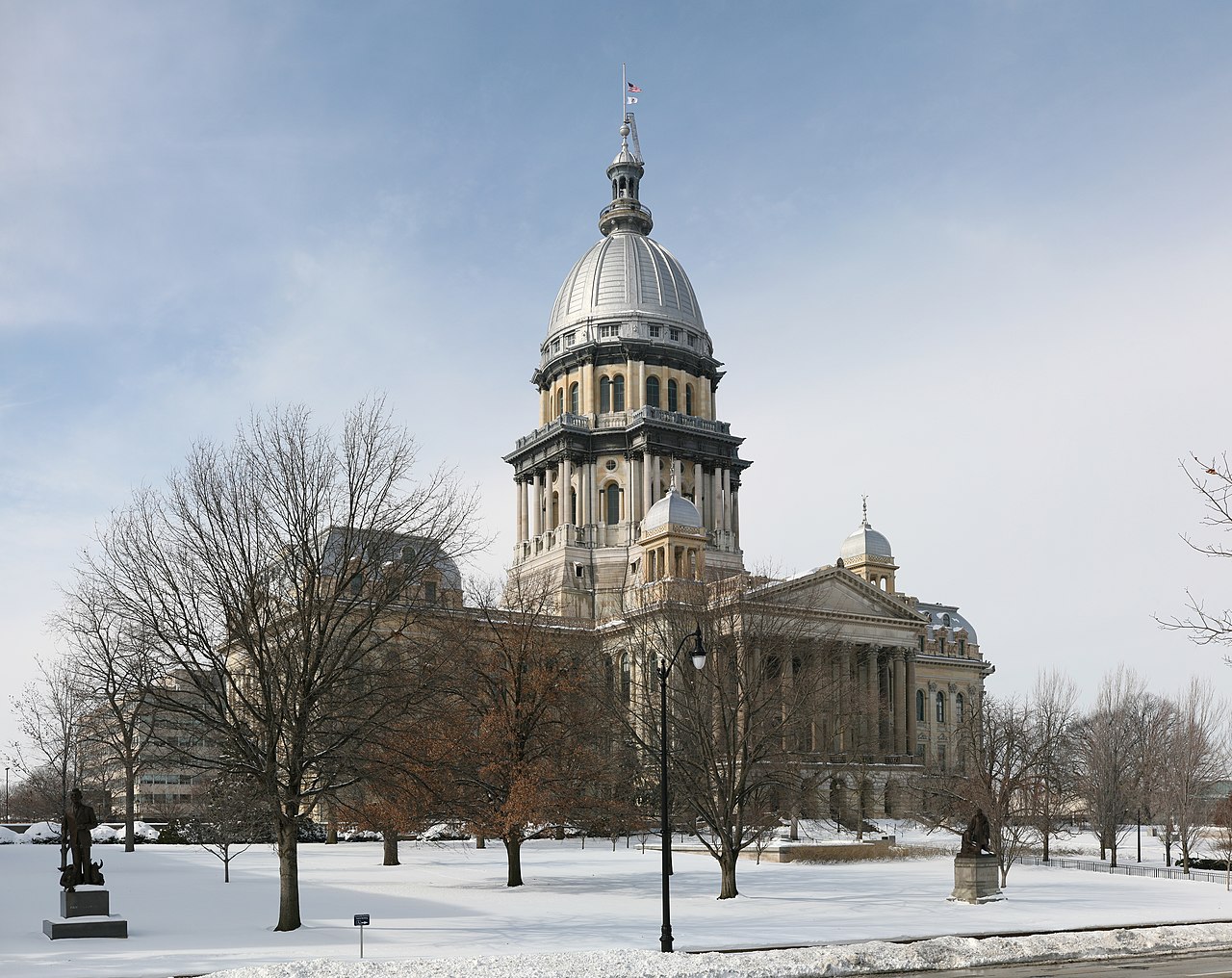
Our 2024 priorities in the states
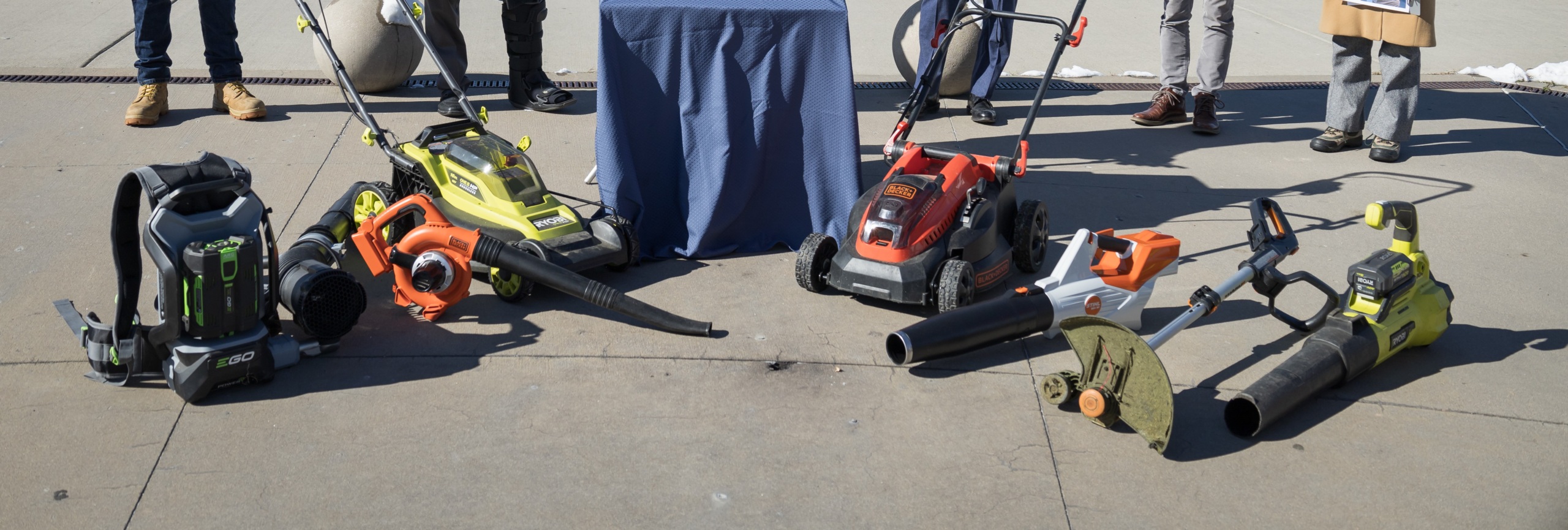
Lawn care goes electric

